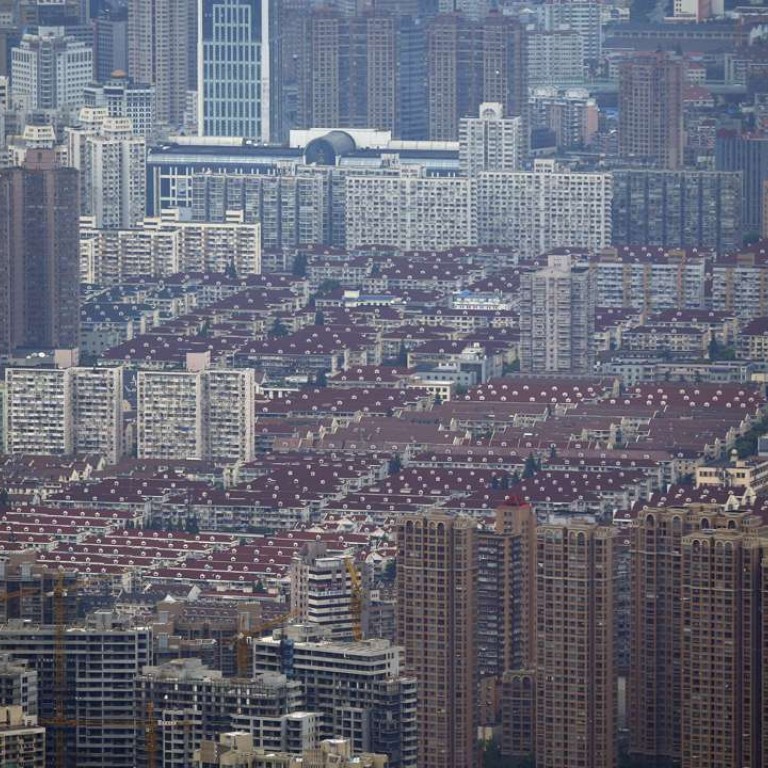
Report predicts no let up in Chinese house price rises
CLSA says near-40pc rise in land costs will continue to have knock-on effect on new home prices in largest cities
China’s booming property market will continue to see prices rally in its largest cities, according to new research from CLSA, driven by sharp and continued rises in the cost of land suitable for development.
During the first half of the year, land prices grew on average by nearly 40 per cent, influenced by strong rises the country’s four top-tier cities, which in turn are expected to increase the price of new homes, CLSA’s regional head of property research Nicole Wong told the group’s annual investor’s forum in Hong Kong.
The rises, she said, were a result of the swelling gap between government-controlled land supply and market demand over the last two years.
Demand is concentrated in a handful of big cities, she added, as 60 per cent of Chinese cities are seeing their populations decline or flatten.
“Overheating is happening in a fair number of cities,” she said. “In the cities where the economy is growing, land supply cannot catch up with that growth.”
The supply of property is also being limited by developers, many of whom are opting out of paying “sky-high prices” for land, and instead are containing their risk by slowing sales of existing properties, which pushes prices up, Wong said.
Property is almost an alternative currency
Chinese real estate has been surging for the past few years, and CLSA expects 10 per cent more new homes to be sold this year.
In August, the prices of new homes spiked 9.2 per cent on average in 70 major cities, compared with 7.9 per cent in July, according to the National Bureau of Statistics. Of those cities, 64 saw year-on-year property price gains, up from 51 in July.
This has raised concerns of an unsustainable housing bubble, prompting the government to introduce tightening measures to control an overheating market.
“The winning cities are very obvious,” Wong said. “Those cities are like magnets and they keep attracting people.”
For the forseeable future, Wong said property will be the most attractive asset in China, particularly in comparison to the unreliable yuan and fluctuating stock markets.
“Property is almost an alternative currency,” she said.
But despite China’s ballooning property prices, Wong does not believe the housing bubble will burst, saying the market will be able to be moderated.

